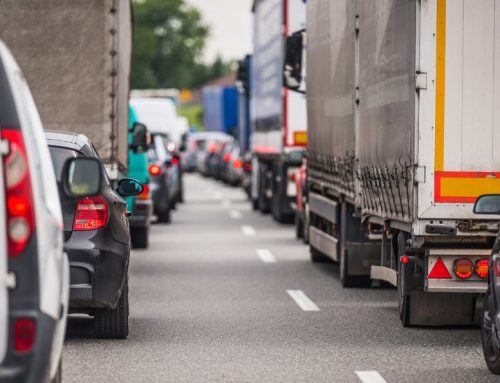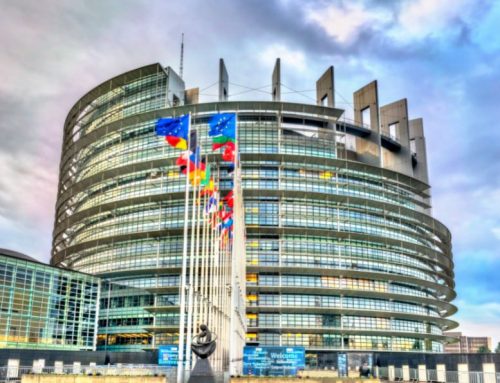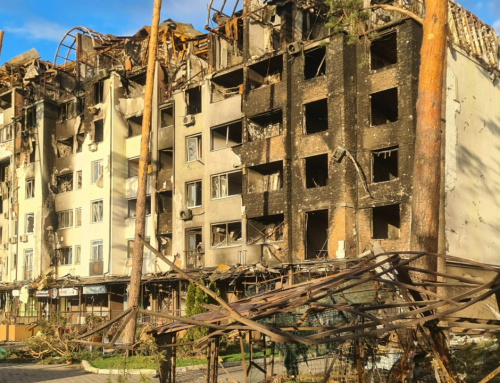Farmers and agricultural workers deserve respect!
European farmers face extremely difficult circumstances that are beyond their power to resolve. At the same time, they are the ones we rely on to provide food for EU citizens. We risk losing them, many have already closed their doors.
The European Union must take concrete and immediate action to support farmers and the production of healthy food. Citizens must feel today that the EU is the guarantee of a better future. In a year or two it may be too late to change the feeling that the EU institutions have nothing to do with their daily reality.
Strasbourg: Interpellation to the Commission on the surge in commodity and input prices in the agricultural sector – Speech by MEP Renew Vlad Gheorghe (17.02.2022)
I am honored to speak on behalf of my colleague in Renew Europe, Martin Hlaváček, the author of this initiative with an obvious reason: European farmers are facing a perfect storm. Geopolitical tensions, rising energy prices and the post-pandemic economic crisis have created and amplified it.
All associated costs – fertilizers, seeds, fodder, transport and distribution have exploded, while inflation is the new rule. Under these circumstances, farmers urgently need our help to stay in the market and continue to produce healthy food at competitive prices. My colleague Martin Hlaváček has been working on the new Common Agricultural Policy and is well acquainted with all these aspects.
It is therefore natural to ask the Commission whether it intends to continue to deal separately with every crisis: do we put out fires one by one or do we change our approach to a comprehensive strategy and prevent food crises? Prevention and predictability allow market players across the chain – from farmers to store shelves – to plan their business. Proper preparation reduces the negative impact on consumers, agriculture and the food sector. We are thus preventing the burden of crises from being borne by citizens, who pay more for food.
It is certainly important for European citizens to know whether there is a clear strategy for integrating our environmental, agricultural and energy goals into preparing the EU’s capacity to cope with and respond to future food crises.
There are serious problems, from drought to epidemics affecting certain agricultural sectors – farmers raising pigs, pork producers in the Member States are now even more vulnerable to rising prices. What concrete steps is the Commission preparing for them?
From my point of view, in the agricultural sector, as in other fields, we react much too slowly, cumbersome, bureaucratic. And after the crises are already happening. This is the main reproach of European citizens – you will certainly receive similar messages. I often go speak to people in Romania and other Member States and they do not understand why it takes us years to have a directive, a program or the new Common Agricultural Policy.
For citizens, problems are clear, they are aware of them, and feel them every day. They do not need studies, consultations, trialogues and negotiations. We cannot skip these natural steps in the European legislative process, but my request to the Commission and colleagues is to find a solution for swift action. Citizens need to feel that we are helping them now, not in 3 years time. In order to increase confidence in the construction of Europe, its advantages must be visible now, not just in election years.
It is not until 2023 that the new Common Agricultural Policy enters into force. Until then, many farmers close down, their children leave the countryside, small and medium farms are swallowed up by large companies. All these generate chain effects for us to deal with new measures. Citizens are the ones who suffer: healthy local food gets harder to find and more expensive.
I conclude by asking that we do not ignore the Europeans who work 10-14 hours a day in the agricultural sector, whether they are seasonal workers, small and medium farmers or just employed in subsistence agriculture. The most important lesson of the last two years is the redefinition of what is “essential.” Let’s not forget that these citizens with the right to vote also have a lot of problems, low incomes, accumulated frustrations.
We cannot blame them for now turning to voices that tell them plainly what they want to hear. With the rise of extremism in Europe, possible border conflicts and the post-pandemic crisis, we cannot continue to work as before. If we do not understand and be close to people with concrete measures and adapted communication, we assume that we will hear the word exit more and more often.








